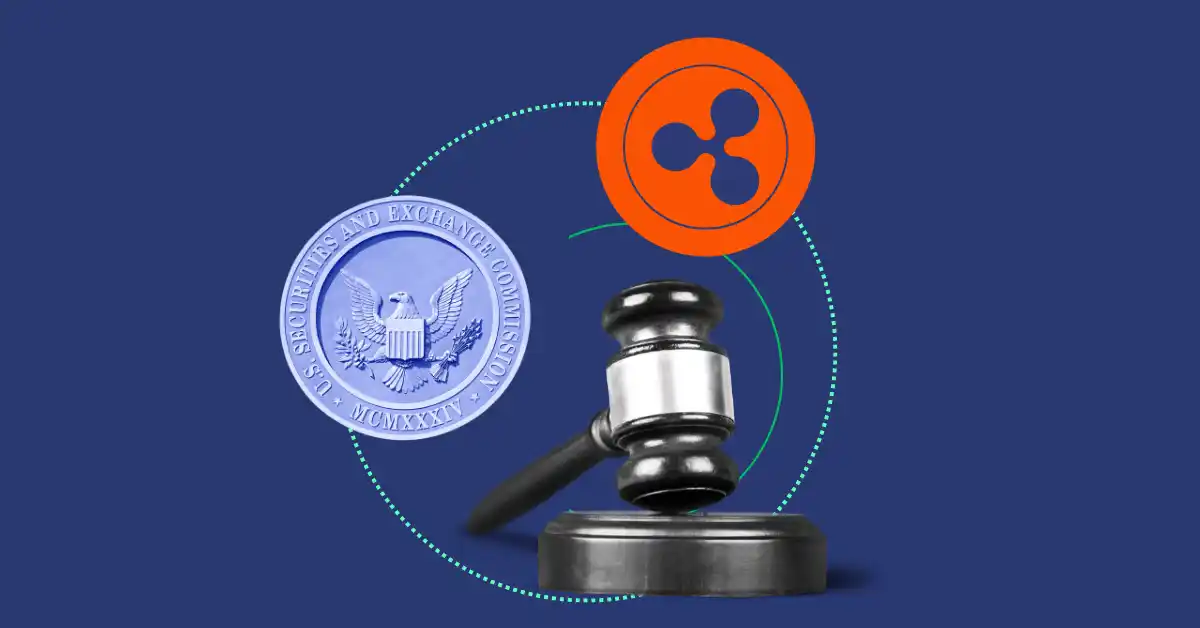Ripple Lab Inc. has filed a motion to restrain the process related to the remedies stage of its ongoing legal case with the U.S. Securities and Exchange Commission (SEC). The motion, put forward on May 13, 2024, asks the court to shield Ripple’s proprietary information. Ripple has cited reasons why the disclosure of information publicly might hurt its business and competitive standing.
Ripple seeks to seal remedies documents
XRP’s lawyers are asking the Court to seal documents regarding potential remedies and penalties that the XRP developers may face should the company be decided guilty in the SEC case. According to James Filan, a well-known defense lawyer, this is in an effort to keep confidential the company’s proprietary business information and strategic details. Ripple presents that revealing such documents could allow one’s competitors to gain an unfair advantage over it and harm one’s market position.
The company states that the security of these documents is fundamental to protecting its business in the midst of legal proceedings. If the motion to seal is granted, these files will be sealed, and even the public will be allowed to see them if the court or parties to the case are involved in the reviewing process. The company believes that such a measure would be essential for Ripple’s business strategies and proprietary information.
Ripple CFO supports motion to seal
Jonathan Bilich XRP, Chief Financial Officer (CFO), filed a testimony declaring his support for the motion to seal. Bilich highlights that by not moving forward with the resolution, XRP could face a core business rupture. He highlights the potential financial losses, the disruption in operations, the loss of market confidence, facing heavy regulation, and many more. According to Bench, such a motion will preserve Ripple’s stability and market position for the duration of legal proceedings.
The motion regarding sealing has stirred up the mixed feelings of the financial and crypto communities. While transparency supporters want the public to serve as a check and balance for fairness and accountability, XRP proponents are convinced that the company may face aggressive competitors and, therefore, need to improve the secrecy of their data. This discussion, thus, strikes at the heart of the wider debate on the conflict between transparency and business confidentiality in high-end litigation.
Ripple-SEC case key for crypto regulation
In December 2020, the SEC sued Ripple Labs, accusing it of selling XRP unlawfully through off-market, unregistered securities sales. According to the SEC, XRP is a security per federal securities rules, and Ripple regards this assertion with much contention. Ripple insists that XRP is not a security and has successfully repelled all the SEC’s charges against it.
The decision, in this case, warrants deep consideration for regulating cryptocurrencies in the US. It could be a milestone in the development of the cryptocurrency sector by providing scenarios for the classification and regulation of digital currencies. XRP’s legal battle with the SEC is closely followed by players in the financial and crypto sector, as it may have a wide influence on the overall regulatory landscape of cryptocurrencies.





